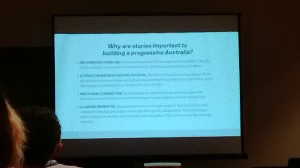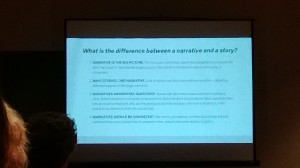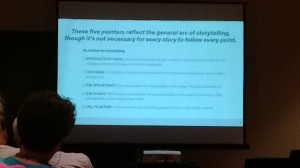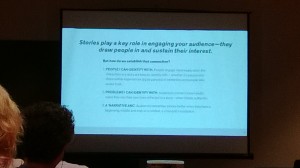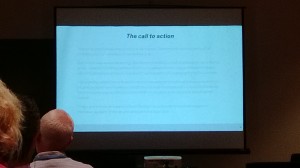“After a couple years at Facebook, Jeff Hammerbacher grew restless. He figured that much of the groundbreaking computer science had been done. Something else gnawed at him. Hammerbacher looked around Silicon Valley at companies like his own, Google (GOOG), and Twitter, and saw his peers wasting their talents. “The best minds of my generation are thinking about how to make people click ads,” he says. “That sucks.” (…)
“Any generation of smart people will be drawn to where the money is, and right now it’s the ad generation,” says Steve Perlman, a Silicon Valley entrepreneur who once sold WebTV to Microsoft for $425 million and is now running OnLive, an online video game service. ” (…)
Hammerbacher: “If instead of pointing their incredible infrastructure at making people click on ads,” he likes to ask, “they pointed it at great unsolved problems in science, how would the world be different today?”
— Jeff Hammerbacher, founder and the Chief Scientist of Cloudera, one of Facebook’s first 100 employees, cited in Ashlee Vance, This Tech Bubble Is Different, Bloomberg BusinessWeek, April 14, 2011
